Gratitude
As those of you who follow this blog know, I typically do not disclose anything about my personal experiences in an attempt to not take away from whatever you may have happening in your life. However, my story this week was so impactful that I believe it is helpful to pass along some details. This week has been a particularly difficult week in my household. My 16-month-old was fighting a significant illness requiring close monitoring and frequent breathing treatments, which meant that his parents got very little sleep and carried a lot of anxiety. In this context, I found it difficult to remain positive and upbeat. Fortunately, I was able to tune in to the advice that I frequently give others as part of treatment for anxiety and depression - EXPRESS GRATITUDE.
Clinical research shows that one of the thought patterns that maintains anxiety and depression is "mental filtering." This essentially means that your brain is like a sieve - negative experiences get trapped, and positive experiences run through and down the drain, ceasing to exist. You can imagine how this might lead to ongoing negative emotions like anger, anxiety, and sadness. Gratitude is one way to fight back against this filter. By paying attention to, and being grateful for, good things that happen or are embedded in a bad situation, you have the power to alleviate negative feelings. For me this week, that was about remembering how fortunate I was to have access to quality healthcare, to have the flexibility in my family for us to miss a combination of four workdays, and for the fact that we never did have to make that drive to the hospital despite the packed bags and fraying nerves.
What can you find to be grateful for in your daily experiences? Remember this question during difficult times, and you may find yourself managing challenges with a more stable state of mind. In order to practice this skill so that you can easily use it when times get tough, I recommend that you do the following exercise every day:
Each day, first thing when you wake up in the morning, name 3 things that you are grateful for. They can be anything, big or small. Some examples include having your family, the sun shining, your health, waking up another day, being in a comfortable bed, having somewhere to go to work, or being able to move your body. Sometimes it takes a little searching, but we all have at least 3 things that we can be grateful for each day. This exercise will help build your mental muscle for gratitude so you become stronger in the face of adversity. So give it a try.
I am grateful to you for reading this, and I hope this skill is helpful. As a reminder, if you find yourself struggling with mental health difficulties that become difficult to manage on your own, I am here.
